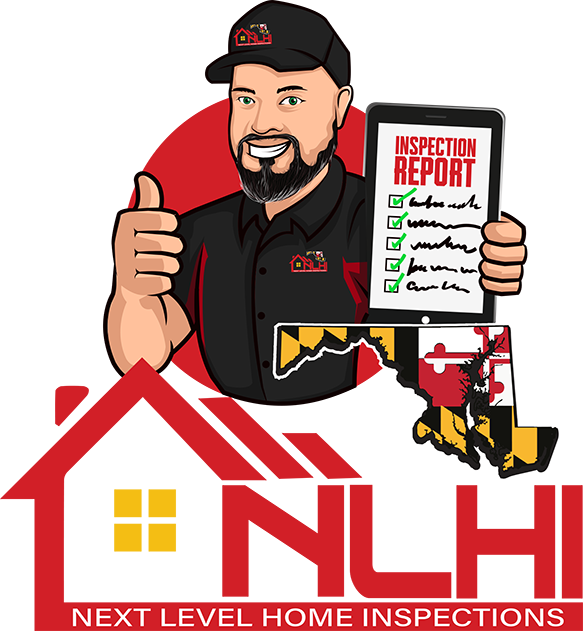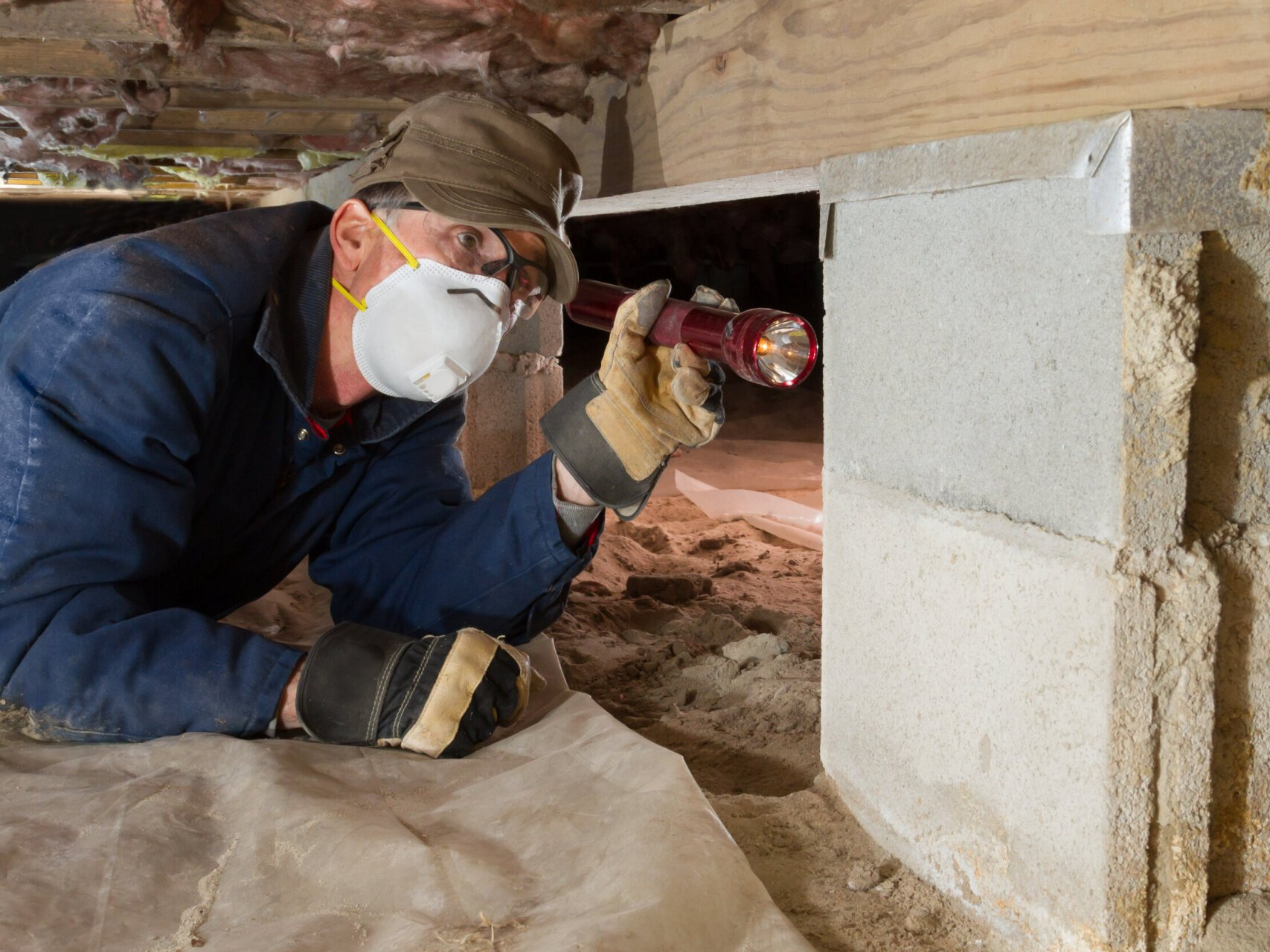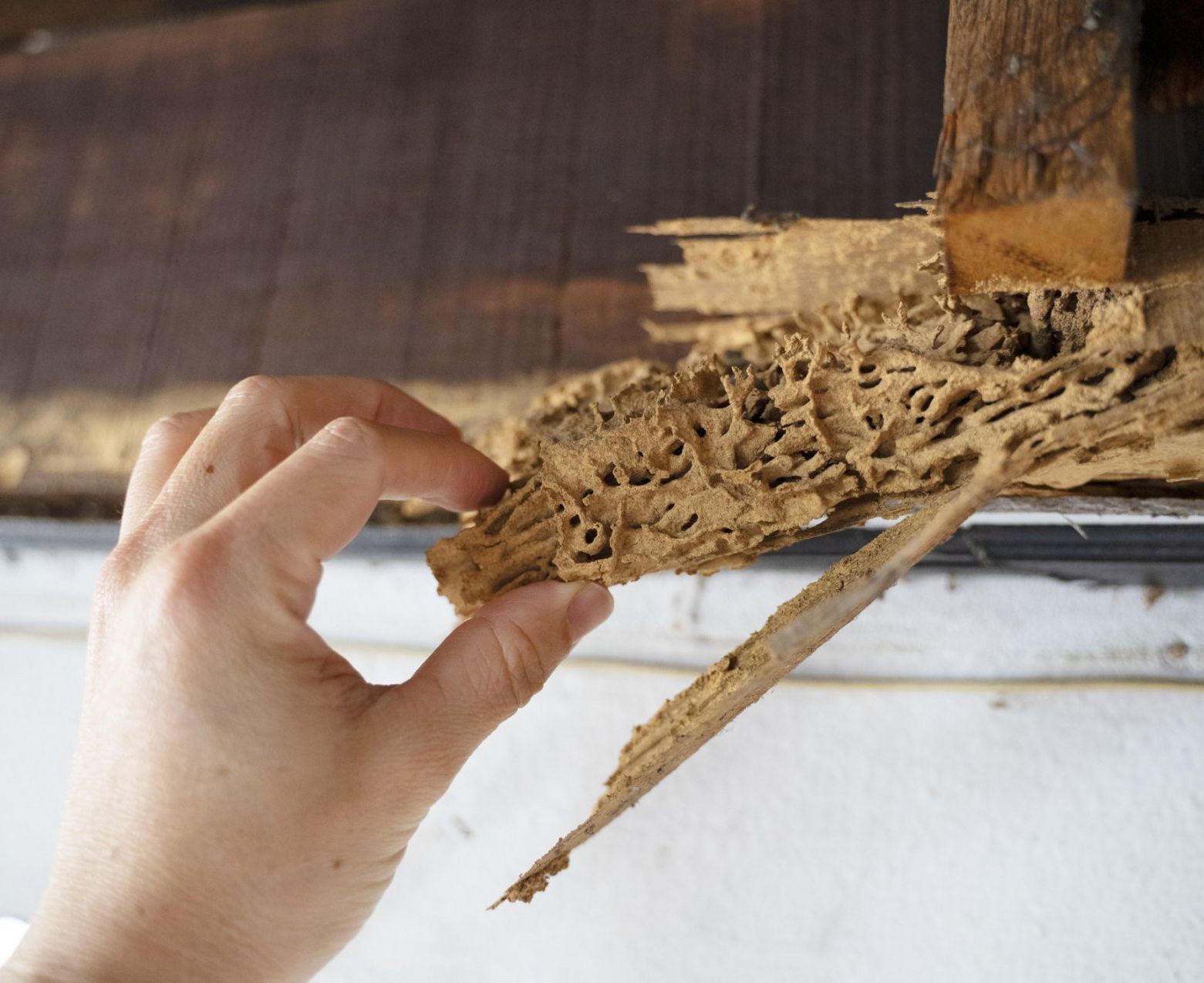Termite Inspection
Termite Inspection Services in Maryland
For good reason, termites are a serious worry for homeowners and property owners all over the world. Homes, sheds, and other structures are all susceptible to severe harm from these small insects. In fact, it's believed that termites cost the construction industry billions of dollars annually in damage. Regular termite inspections are one of the finest strategies to defend your home from termites. The purpose of a termite inspection, its significance, and what to anticipate throughout the inspection process will all be covered in this article.
Termite inspection: what is it?
In order to ascertain whether there is an active termite infestation on a property and, if so, the degree of the infestation, a termite inspection entails a complete study of the site. Licensed pest management specialists who are trained to see termite activity, such as evidence of termite damage, mud tubes, and termite swarms, often conduct termite inspections. A termite inspection's objective is to find any termite activity as early as possible, before it seriously harms a structure.
A termite inspection is a visual inspection of a structure for evidence of a termite infestation or damage caused by termites. It may be conducted as part of a real estate transaction, or as a preventive measure to detect a potential infestation. The inspection should include a close examination of all accessible areas of the structure, including the basement, foundation, crawlspace, attic, walls, and any wood structures such as decks, sheds, and fences. The inspector will look for visual signs of termite activity, such as mud tubes, damaged wood, or swarms of flying termites.
How Important Is a Termite Inspection?
Termites are frequently called to as "silent destroyers" due to the fact that they can seriously harm a structure without being discovered for months or even years. In fact, termites are thought to harm homes more than fires, floods, and storms put together. This is why it's crucial to have a termite inspection. Early termite detection allows you to take action to stop additional property damage and save money on expensive repairs.
A termite inspection can also discover other pests like ants, cockroaches, and spiders that can be present on the property in addition to termite activity. A certified pest control expert can also offer suggestions on how to avoid future pest outbreaks.
How Does a Termite Inspection Work?
A certified pest control specialist will thoroughly investigate the inside and outside of the home during a termite inspection. Depending on the size of the property and the scope of the inspection, the time required for the inspection could range from 30 minutes to several hours.
External Examination
The property's foundation, walls, and roof will normally be visually inspected as part of the external inspection. The inspector will be searching for indications of termite activity, such as termite swarms, damaged timber, and mud tubes. Any wood-based buildings on the land, like decks, fences, and sheds, may also be subject to inspection.
The foundation is one of the main areas of attention during an external inspection. It's crucial to carefully inspect the foundation for indications of termite activity since termites frequently enter a house through the foundation. A probing instrument may be used by the inspector to check the foundation for hollow or soft regions that could be signs of termite damage.
Internal Examination
The interior inspection will normally include a visual assessment of the building's floors, walls, and ceilings. The inspector will be searching for evidence of termite activity, such as mud tubes, damaged wood, and termite droppings. Any wood-based interior structures, such as cupboards, furniture, and flooring, may also be subject to inspection.
The basement or crawl space is one of the main areas of attention during an interior assessment. These places are frequently infested by termites, so it is crucial to carefully inspect them for termite activity. The inspector may check the basement or crawl space's walls and floors for termite activity using a flashlight or moisture meter.
Underground Inspection
The inspector may perform a subsurface inspection in addition to the exterior and interior inspections. This entails searching for termite activity in the soil around the building's foundation. The inspector will be searching for termite swarms, mud tubes, and other indicators of activity.
Free termite Inspection
A free termite inspection is typically included when you hire a home inspector to inspect a property. However, it is important to note that this free inspection usually does not include a written report. If you would like a written report, you will likely have to pay an additional fee.
Next Level Home Inspections is a family owned and operated business capable of providing full home inspections in Maryland that include radon and water testing as well as drone and thermal imaging.
NAVIGATION
Next Level Home Inspections is a family owned and operated business capable of providing full home inspections in Maryland that include radon and water testing as well as drone and thermal imaging.
NAVIGATION
LOCATION


